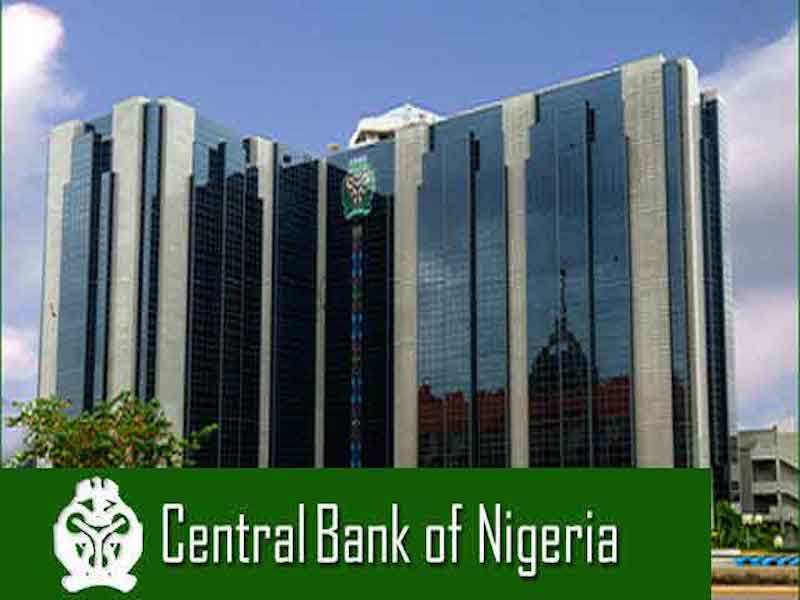A few years back, the Central Bank of Nigeria (CBN) set a target of 80 percent financial inclusion by 2020, a target that will get Nigerians who do not bank or do online transactions to get onboard. Then, the apex bank claimed that meeting that target would help in reducing poverty in Nigeria.
The CBN was concerned that while Nigeria has about 96.4 million adult population, it is sad that 40.1 million (almost half of the population) are financially excluded in a digital age where ePayment, eCommerce, among other hassle-free financial services, products and banking innovations are trending.
Moreover, it is also shocking that women, youths under 35 years, rural residents and those in Northern Nigerian, particularly North West and North East are the most financially excluded.
Well, there have been some efforts at meeting the target, notably the cashless policy, the ease of the requirements for opening an account, and agent network banking by some commercial bank that has seen the rural populace engaging in bank transactions in their localities without necessarily going to the cities.
There are now over 20,000 Automated Teller Machines (ATMs) across the country with First Bank leading with over 2900 ATMs across all the Local Government Areas in Nigeria.
Yet, there are still 40.1 million Nigerians who do not go close to ATMs, carry on online transactions, e-Commerce among other engagements that will make them financially included in the Nigerian financial ecosystem.
Most experts think that the major problem is lack of internet needed to do most of the online transactions in rural areas where most of the excluded Nigerians are and also where most banks do not have branches.
Even in the places where security is a problem, banks resort to online transactions, but the people are yet to migrate to such services in those vulnerable areas.
But the internet issue is also surprising because the Nigerian Communications Commission (NCC) claimed that internet users in Nigeria increased marginally to more than 111.6 million in December 2018. The question is, are the 40.1 million financially excluded Nigerians not part of those captured in NCC’s data?
However, the CBN is optimistic on achieving its target by next year. Musa Jimoh, deputy director, Payment System Management, Central Bank of Nigeria (CBN), said the apex bank is keen at reducing poverty in Nigeria by achieving 80 percent financial inclusion target by 2020.

At a First Bank organised joint seminar for banking and telecoms regulators on the theme, ‘Advancing ePayment and Digital Innovations in Africa- Evolution of Nigeria’s Payment Systems’ at Lagos Continental Hotel recently, Jimoh assured on meeting the target and working with all the stakeholders including telecoms, fintechs, commercial banks among others to get about 150 million Nigerians to embrace the financial system and its numerous offerings.
Some analysts have however, said that with government policies that are not always favourable, coupled with the habitual lack of follow-through that has seen good ideas die at infancy state without being nurtured to fruitfulness, the ambitious plan of CBN in this regard would end up a pipe dream. Only time will tell, as 2020 is just by the corner!
Source: businessday




